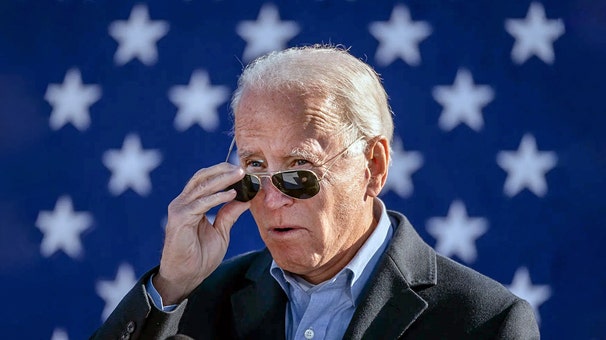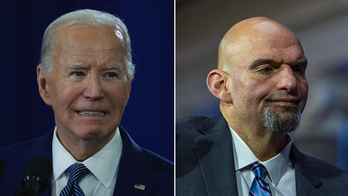Florida Governor Ron DeSantis and Oklahoma Superintendent Ryan Walters are denying Satanists the right to participate in new school chaplain programs, igniting a legal and ideological battle over religious freedom.

Florida Governor Ron DeSantis has signed a bill into law that establishes a chaplain program in schools, but explicitly excludes The Satanic Temple (TST) from participating. DeSantis stated, "That is not a religion. That is not qualified to be able to participate in this."
TST responded by threatening legal action if any of its members are denied the opportunity to serve as chaplains. Co-founder Lucien Greaves argued that the law "does in fact allow Satanic chaplains in schools."

In Oklahoma, Superintendent Ryan Walters has taken a hard stance against TST's attempts to place ministers in public schools. He has made it clear that "Satanists are not welcome in Oklahoma schools."
Walters criticized President Joe Biden and the National Education Association for allegedly promoting a lack of morality and faith in schools. He believes that Christianity is being marginalized and that TST is seeking to exploit this vacuum.

TST has already prepared to deploy its "ministers" in Oklahoma schools if Senate Bill 36 becomes law. Executive Director Rachel Chambliss stated that TST is "prepared to adapt to these legislative conditions" and offer guidance to students.
The conflict between Satanists and state officials has raised important questions about religious freedom and the separation of church and state.

TST argues that they are a legitimate religion and that they have the same rights as other religious groups. They contend that denying them access to school chaplain programs violates their First Amendment rights.
State officials, on the other hand, argue that TST is not a legitimate religion and that their presence in schools would be inappropriate. They maintain that schools should be neutral and that religion should not be promoted in classrooms.
The legal battle is likely to continue, with both sides determined to defend their respective positions. The outcome of this dispute will have significant implications for the role of religion in public education in the United States.










